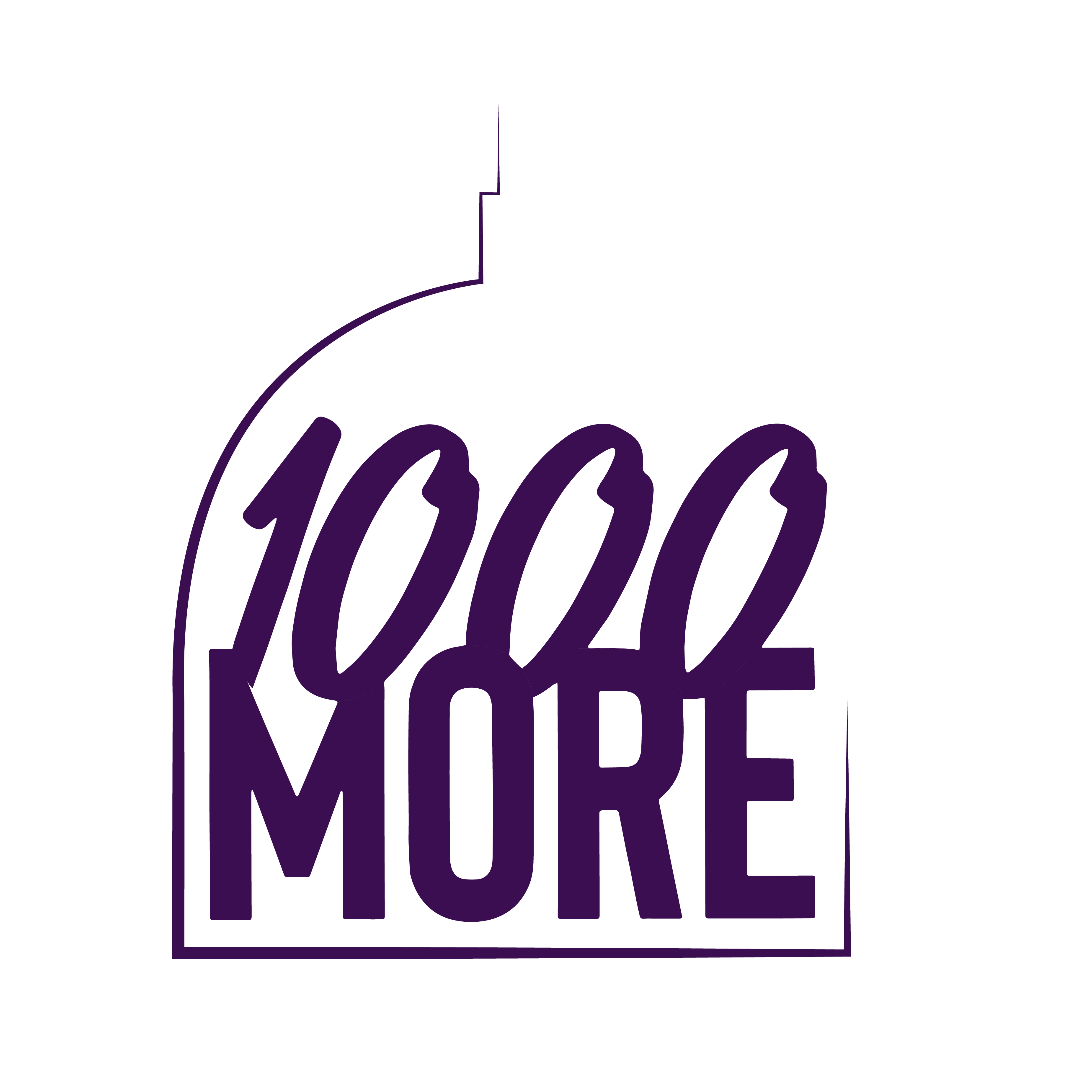December 13
This week in MORE POWER:
Budget Drama
The Disaster Trio
Secure the Premises
Saving Kids in Emergencies
Holding Amtrak Accountable
Budget Saga
The possibility of a government shutdown is looming ever closer as Congress quickly approaches its Dec. 20 deadline. Congressmembers will either have to pass a budget for fiscal year 2025 or another continuing resolution (CR), which would keep the federal government funded at its current levels until the new Congress is sworn in and can work on a new budget. Passing a full budget is virtually impossible, so another CR is likely the only way for Congress to avoid a government shutdown. House Speaker Rep. Mike Johnson (R-La.) has said that the upcoming CR is almost ready to be voted on; the complication with this CR is President Biden’s request for nearly $100 billion in disaster aid following the recent hurricanes that ripped through the Southeast. Some Congress members feel that this robust aid is necessary to help those affected, while others feel that the aid is too robust, bordering on unnecessary at points.
The Disaster Trio
The House passed the Disaster Contract Improvement Act, Federal Emergency Management Agency (FEMA) Loan Interest Payment Relief Act, and Disaster Management Costs Modernization Act. The Disaster Contract Improvement Act creates an advisory group led by FEMA to improve coordination on debris removal during disaster recovery. The group will evaluate current procedures and, if needed, develop new guidance to improve oversight, streamline reimbursements, and reduce inefficiencies. This bill is headed to President Biden’s desk.
The FEMA Loan Interest Payment Relief Act allows FEMA to reimburse local governments and electric cooperatives for interest payments on loans used for disaster recovery. The Disaster Management Costs Modernization Act would allow recipients of disaster relief assistance to use leftover management cost funds for disaster preparedness, recovery, mitigation, or administrative costs related to other disasters or emergencies. Currently, leftover management cost funds must be returned if not fully used for administering or overseeing specific disaster projects or heavily restricted. Both bills are heading to the Senate.
Secure the Premises
The House passed the Improving Federal Building Security Act, which would require Facility Security Committees (FSCs) – which are groups that oversee security at federal buildings – to respond within 90 days to security recommendations from the Federal Protective Service (FPS). FSCs must say if they will follow or reject the recommendations, explain why, and consider the costs and benefits of their decision; then, the Department of Homeland Security (DHS) will track these responses and report to Congress each year on how many recommendations were accepted, rejected, or ignored. These requirements would apply to all federal facilities under the protection of FPS, which is around 8,500 facilities across the country. This bill, having already passed the Senate, is going to President Biden’s desk.
Saving Kids in Emergencies
The Senate passed a bill to increase funding for the Emergency Medical Services for Children (EMSC) Program, which enhances training, resources, and protocols for healthcare providers. If it becomes law, the Emergency Medical Services for Children Reauthorization Act would provide grants to states, hospitals, and healthcare organizations to enhance pediatric emergency readiness, improve training for healthcare providers, and ensure that emergency response systems can effectively care for children in crises. The bill would also increase the annual funding to $24.3 million for fiscal years 2025 through 2029, up from $22.3 million annually in the previous five years.
Holding Amtrak Accountable
The House passed two bills this week to attempt to hold Amtrak, the U.S. railway operator, accountable. The first bill, called the Amtrak Executive Bonus Disclosure Act, would require Amtrak to report executive bonuses. Amtrak must notify Congress 30 days before awarding a bonus and explain the amount and reasoning. After giving a bonus, Amtrak must publish details in the Federal Register within 30 days. The second bill, called the Amtrak Transparency and Accountability for Passengers and Taxpayers Act, would create more transparency by requiring Amtrak to follow federal open meeting rules but allows exceptions for sensitive topics like contract negotiations, collective bargaining, and employment matters. These bills are going to the Senate.
What Congress Passed
H.R.2672 FEMA Loan Interest Payment Relief Act
H.R.7671 Disaster Management Costs Modernization Act
H.R.8689 Amtrak Executive Bonus Disclosure Act
S.50 Pensacola and Perdido Bays Estuary of National Significance Act
S.310 Disaster Contract Improvement Act
S.3475 Strengthening the Commercial Driver’s License Information System Act
H.R.6229 DHS Special Events Program and Support Act
H.R.7673 Liberty in Laundry Act
H.R.8692 Amtrak Transparency and Accountability for Passengers and Taxpayers Act
H.R.9668 SHIELD Against CCP Act
H.R.9689 DHS Cybersecurity Internship Program Act
H.R.9769 Strengthening Cyber Resilience Against State-Sponsored Threats Act
S.2781 Good Samaritan Remediation of Abandoned Hardrock Mines Act
S.3613 Improving Federal Building Security Act
S.4367 Thomas R. Carper Water Resources Development Act
H.R.3254 First Responder Access to Innovative Technologies Act
H.R.3797 Paperwork Burden Reduction Act
H.R.3801 Employer Reporting Improvement Act
H.R.6960 Emergency Medical Services for Children Reauthorization Act
H.R.7872 Colorado River Salinity Control Fix Act
S.4776 Older Americans Act Reauthorization Act
H.R.5301 Eliminate Useless Reports Act
H.R.5646 Stop Campus Hazing Act
S.1351 Stop Institutional Child Abuse Act
S.5060 PROTECT Our Children Reauthorization Act
H.R.8663 DETECT Fentanyl and Xylazine Act
S.141 Senator Elizabeth Dole 21st Century Veterans Healthcare and Benefits Improvement Act
S.920 International Trafficking Victims Protection Reauthorization Act
S.2513 Veterans Benefits Improvement Act
S.2783 Miccosukee Reserved Area Amendments Act
S.2908 Indian Buffalo Management Act
S.3857 Jamul Indian Village Land Transfer Act
S.4365 Veterinary Services to Improve Public Health in Rural Communities Act
S.50 Pensacola and Perdido Bays Estuary of National Significance Act
S.310 Disaster Contract Improvement Act
S.3475 Strengthening the Commercial Driver’s License Information System Act
S.2781 Good Samaritan Remediation of Abandoned Hardrock Mines Act
S.3613 Improving Federal Building Security Act
S.4367 Thomas R. Carper Water Resources Development Act
H.R.3797 Paperwork Burden Reduction Act
H.R.3801 Employer Reporting Improvement Act
H.R.6960 Emergency Medical Services for Children Reauthorization Act
H.R.7872 Colorado River Salinity Control Fix Act
H.R.5301 Eliminate Useless Reports Act
H.R.5646 Stop Campus Hazing Act
H.R.8663 DETECT Fentanyl and Xylazine Act
What POTUS Signed Into Law
H.R.2950 Coastal Habitat Conservation Act
H.R.5536 Grant Transparency Act
H.R.7218 BOLD Infrastructure for Alzheimer’s Reauthorization Act
H.R.3821 Firefighter Cancer Registry Reauthorization Act
H.R.5863 Federal Disaster Tax Relief Act
S.91 Forgotten Heroes of the Holocaust Congressional Gold Medal Act
S.4243 Shirley Chisholm Congressional Gold Medal Act











